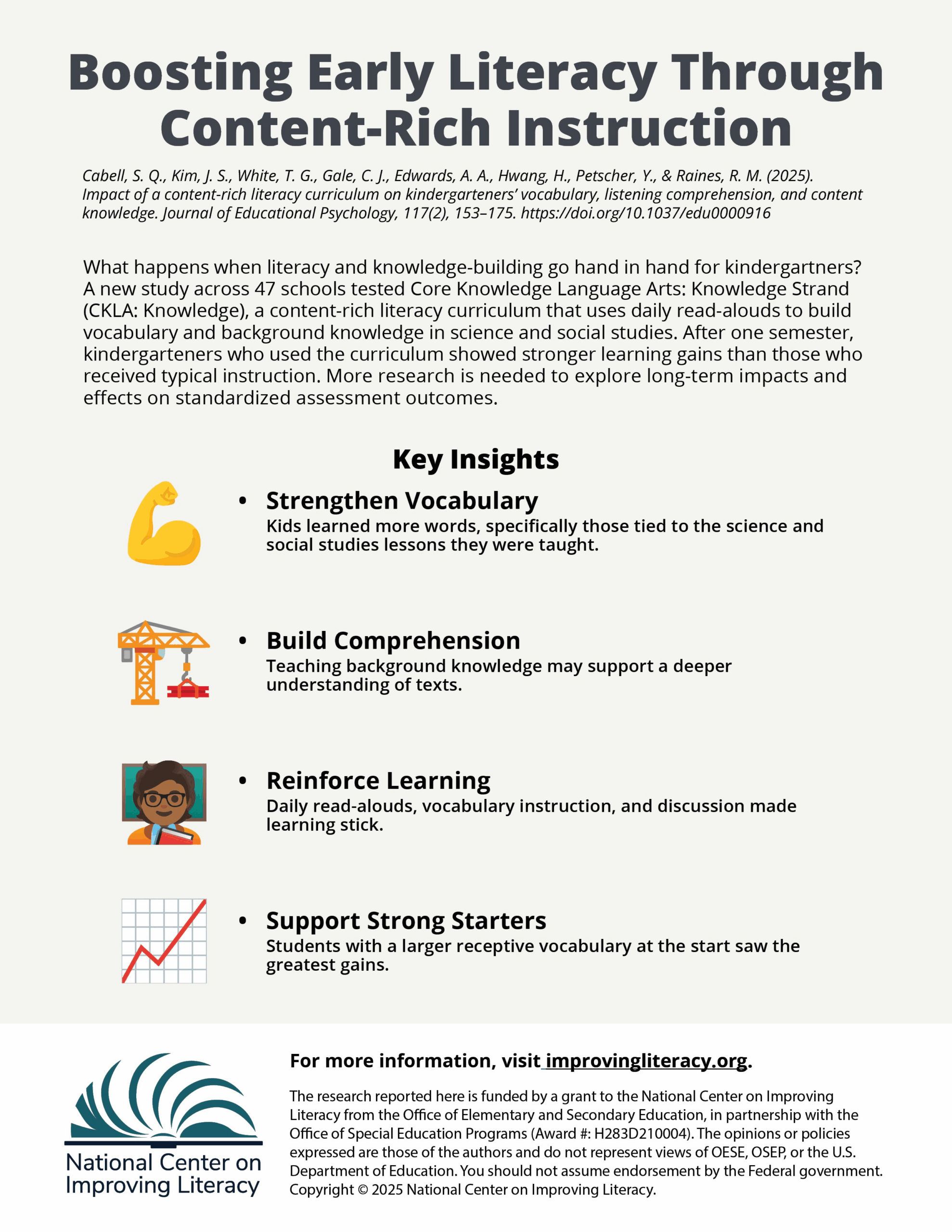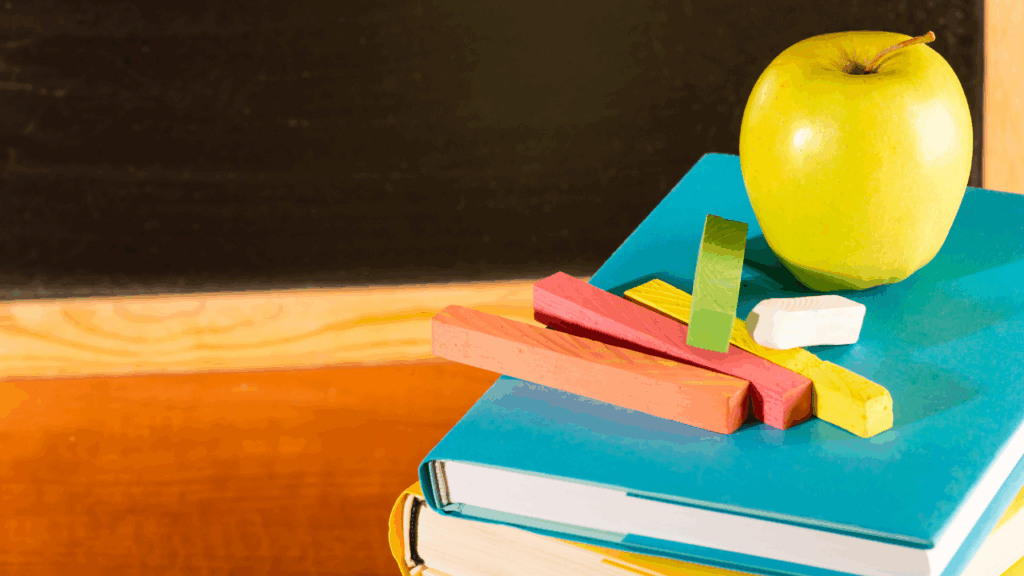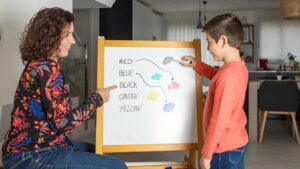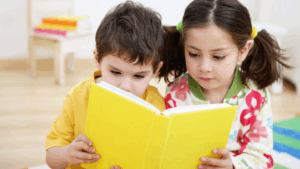What happens when literacy and knowledge-building go hand in hand for kindergartners?
A new study across 47 schools tested Core Knowledge Language Arts: Knowledge Strand (CKLA: Knowledge), a content-rich literacy curriculum that uses daily read-alouds to build vocabulary and background knowledge in science and social studies. After one semester, kindergartners who used the curriculum showed stronger learning gains than those who received typical instruction. More research is needed to explore long-term impacts and effects on standardized assessment outcomes.
Key Insights:
-
Strengthen Vocabulary
Kids learned more words, specifically those tied to the science and social studies lessons they were taught.
-
Build Comprehension
Teaching background knowledge may support a deeper understanding of texts.
-
Reinforce Learning
Daily read-alouds, vocabulary instruction, and discussion made learning stick.
-
Support Strong Starters
Students with a larger receptive vocabulary at the start saw the greatest gains.





